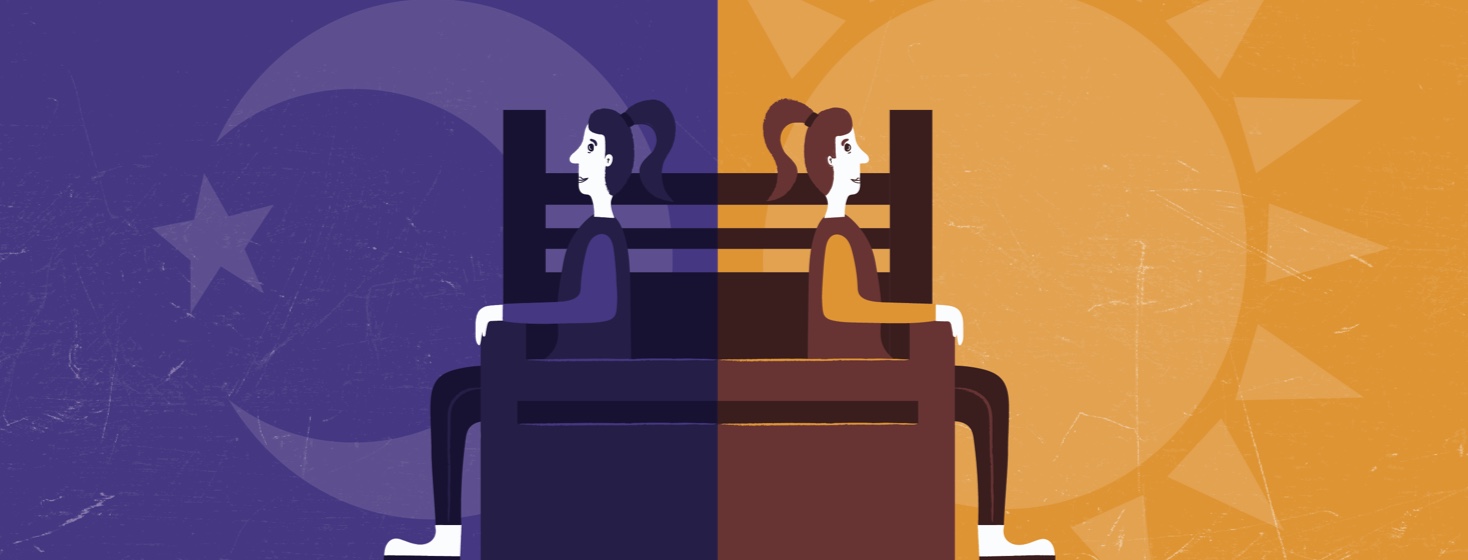Handling Tomorrow’s Big Day as an Insomniac
For a person who sleeps normally most nights, having a big day tomorrow can make falling asleep a challenge. Whether you’re excited about a long-overdue tropical vacation, or nervous about a work presentation, falling asleep can be tricky.
When a person who struggles with insomnia has a big day tomorrow, it can cause a full-on panic! A good night’s sleep is what they need the most, and most commonly, the last thing they’re going to get.
There is hope and it doesn’t have to involve changing your routine.
Tips for the night before a big day
Here are 5 tips to help make the night before the big day as peaceful as possible:
1. Go to bed when you’re tired
It’s common to think that going to bed early is a good idea. For an insomniac, it’s better to stick to your normal bedtime to make sure you’re tired. Lying in bed when you’re not feeling sleepy will lead to more of the insomnia symptoms you’re used to – racing thoughts, frustration over not falling asleep, and worrying about how much time you have until that alarm rings. Stick to your typical bedtime schedule.
2. Make a TO-DO List
Your brain doesn’t need to be making lists of all the things your body needs to do when you wake up WHILE in bed. Do that well before bedtime. Write it all down and leave it somewhere you’ll see it in the morning, then tell yourself, “Tomorrow is taken care of.”
3. Focus on rest, not sleep
You’re already experiencing anxiety about tomorrow’s events, so don’t add falling asleep to that list. Instead, focus on the rest you’re going to enjoy. Make it your goal to spend the entire night lying still and resting. Picture getting out of bed tomorrow, feeling well-rested and ready to take on the day, and remember that rest is healthy for you too.
4. Don’t clock-watch
Set the alarm for tomorrow, then remove all clocks and watches from your view. Watching the clock adds more anxiety because you’re counting down the hours until your alarm rings, or stressing out about how many hours you haven’t slept. You can’t change the time, so don’t even look!
5. Stay positive
Your self-talk plays an enormous role in the way you approach the night. Your brain decides how your body will react, so keep it positive and light. Tell yourself things like, “I’m going to have such a restful night” and “Tomorrow’s going to be a great day.” You might feel silly when you tell yourself things you don’t believe are true at the time, but the more you say them out loud, the more your brain starts to think it’s true.
Choosing your narrative
Tomorrow’s big event is entirely independent of your sleep tonight. You are the owner of your brain and you get to choose the narrative for the next 24 hours.
Tonight you’re going to rest and tomorrow will be a great day. That’s the narrative. Dreaming of just how great is completely optional, but certainly always encouraged!

Join the conversation